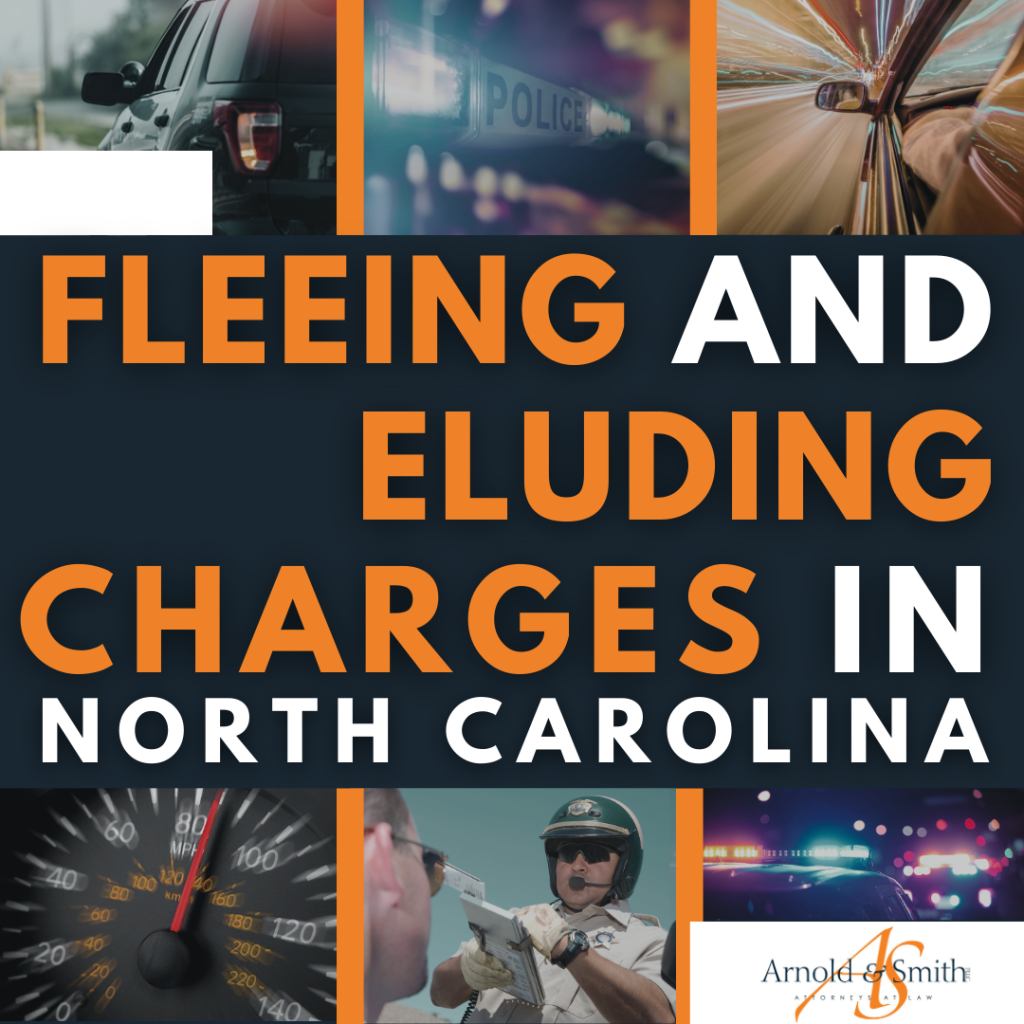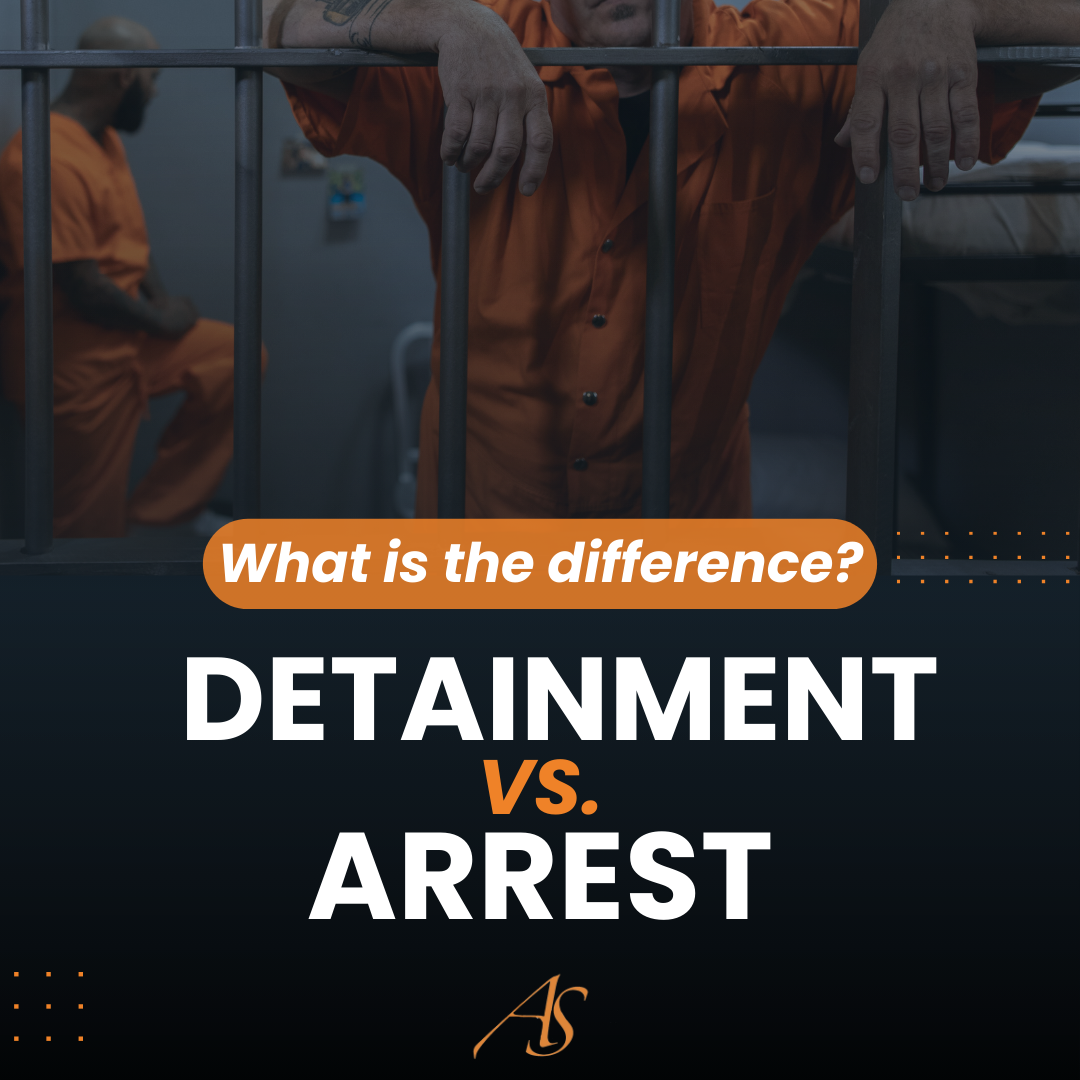 How Can I Get an Expungement in North Carolina?
How Can I Get an Expungement in North Carolina?
Having a criminal record can wreak havoc on all aspects of your life. When you are convicted of a crime, whether a misdemeanor or felony, you will have a criminal record that will remain forever. Your record will also show that you were charged with a crime. There are some types of crimes that are eligible for sealing or expungement. If you have a criminal conviction on your record, you may want to speak to a knowledgeable criminal defense attorney to learn whether you may be able to get an expungement.
https://youtu.be/lMcGLBliR40?si=gmXgSzH3592ahltf
 Charlotte Criminal Lawyer Blog
Charlotte Criminal Lawyer Blog






